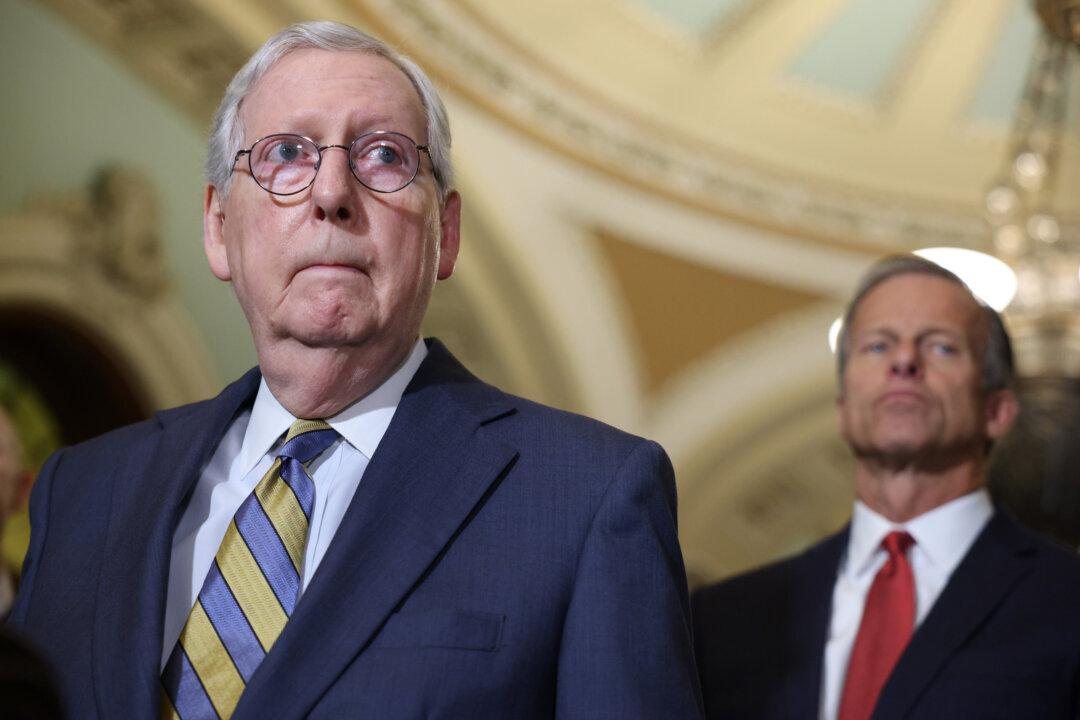Senate Minority Leader Mitch McConnell (R-Ky.) warned Attorney General Merrick Garland on Oct. 8 that his recent Justice Department memo directing federal law enforcement to clamp down on parental protests at school board meetings could infringe upon parents’ constitutional rights.
The attorney general’s memo, which has been the center of much criticism since its Oct 4 release, states that there’s a “disturbing spike in harassment, intimidation, and threats of violence against school administrators, board members, teachers, and staff.” It directs the FBI to work with state and local governments to discuss strategies to address the alleged threats.





